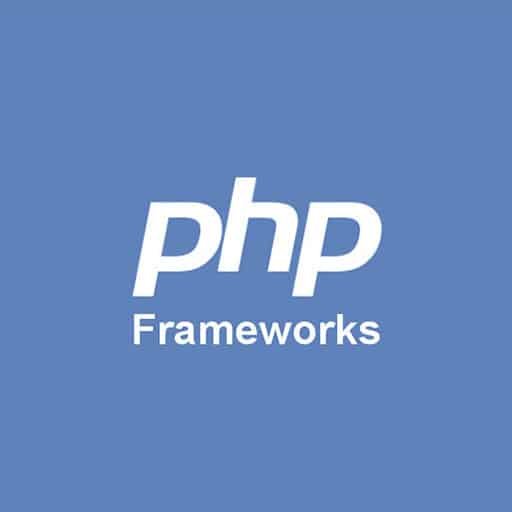PHP templating engines are tools that simplify web development by separating the presentation layer from the business logic layer. They provide a way to create reusable templates that can be easily maintained and updated.
One of the main advantages of using a templating engine is that it allows developers to focus on the logic of the application without worrying about the presentation. This separation of concerns makes the code more modular and easier to understand and maintain.
Templating engines also provide a set of features that simplify the process of creating dynamic web pages. These features include:
1. Template inheritance: Templating engines allow developers to define a base template that can be extended by other templates. This allows for the creation of a consistent layout across multiple pages.
2. Variable substitution: Templating engines provide a way to insert dynamic content into templates. This can be done by using placeholders that are replaced with actual values at runtime.
3. Control structures: Templating engines support control structures such as loops and conditionals, which allow for the creation of dynamic content based on certain conditions.
4. Filters and helpers: Templating engines often provide a set of built-in filters and helpers that simplify common tasks such as formatting dates or generating URLs.
5. Template caching: Templating engines can cache compiled templates, which improves performance by reducing the need to recompile templates on every request.
Some popular PHP templating engines include Twig, Smarty, and Blade. These engines have their own syntax and features, but they all aim to simplify web development by providing a clean separation between the presentation and logic layers.
In conclusion, PHP templating engines simplify web development by separating the presentation layer from the business logic layer. They provide a set of features that make it easier to create dynamic web pages and maintainable code. Using a templating engine can greatly improve the efficiency and readability of PHP web development projects.
